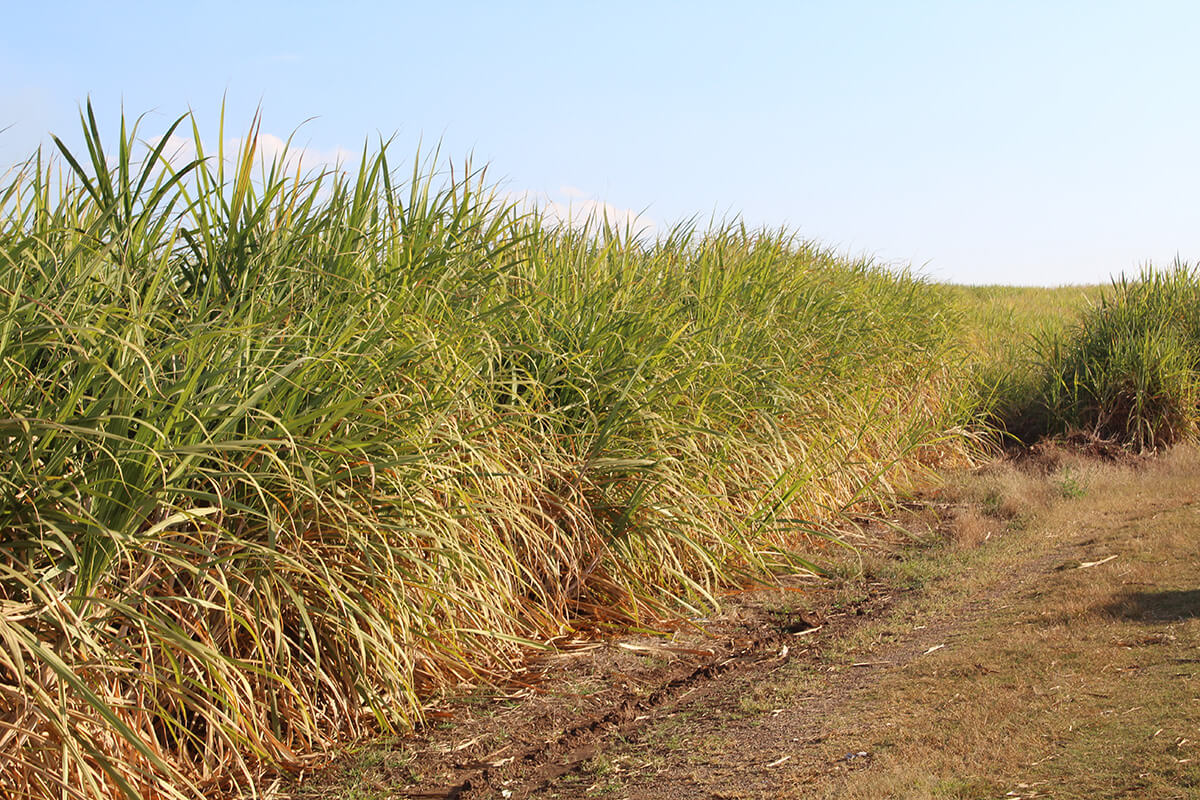April 2, 2020
Nelspruit – In the next 12 months, 8 000ha of sugar cane land that was owned by Tsb Sugar will belong to black people from various communities in Mpumalanga.
Already, 4 800ha of that land is in the hands of two trusts from the Nkomazi area. Siphumelele Tenbosch Trust and Ingonyama Simhulu Trust are now the owners of the Komatidraai and Tenbosch sugar cane farms, respectively.

The trusts have entered into a partnership with Tsb, leasing the land to the sugar company for R12 million a year. Tsb and the trusts run the farms jointly through a management company. Fifty percent of the dividends will go to the trusts.
“We would at times fight with the white people because they did not want to let go of the land,” said Nomsa Maphanga, the secretary of Siphumelele Trust. “We are all happy now that it is over.”
The lease agreement is for 22 years, but it will be reviewed after 11 years. If the farms are not very productive, the trustees will always be paid 8 percent of Tsb’s turnover.
Dawie van Rooy, Tsb’s director of cane operations, said that before the claims process, the company owned 9 000ha of the sugar cane land.
“We have had to find models that will make this a win-win situation, because we need the farms to be sustainable.”
Van Rooy said the biggest challenge was finding methods to keep the farms productive. “The funds, transferring of skills and the changing face of management have been the challenges.”
Tsb has 18 percent of the local sugar cane market. Van Rooy said it was already buying 30 percent of its sugar cane from black growers. It expected this to increase this to 73 percent in the next two years.
Related Articles
Repositioning Agriculture Family Businesses
Introduction Any agriculture business goes through different phases, starting with the pioneer phase. The pioneer starts the business and grows it over time, guiding it through to the next phase where the business is stabilised and starts becoming sustainable....
Establishing Water User Associations: An Opportunity
Introduction The Minister of the Department of Water Affairs (DWS) decided that the 1998 Water Act must be fully implemented. Currently, the old act (1956 Water Act) is still operational and used in conjunction with the new act mainly due to the new act not...
Changing lives through successful land reform partnerships
Land claims in one of South Africa’s largest sugarcane producing areas, the Nkomazi region, had the potential to cripple the sugar industry, resulting in thousands of job losses and a reduction in economic activity. But RCL FOODS saw land restitution as an opportunity...



